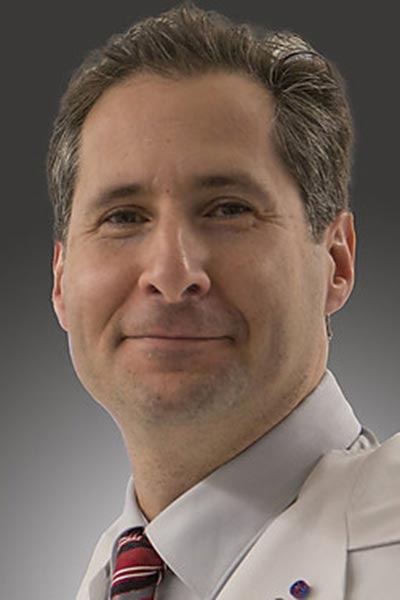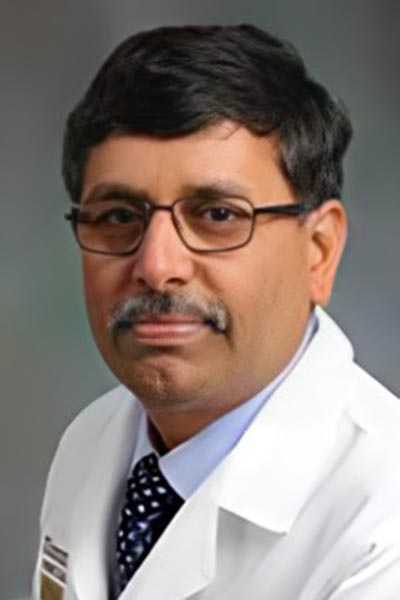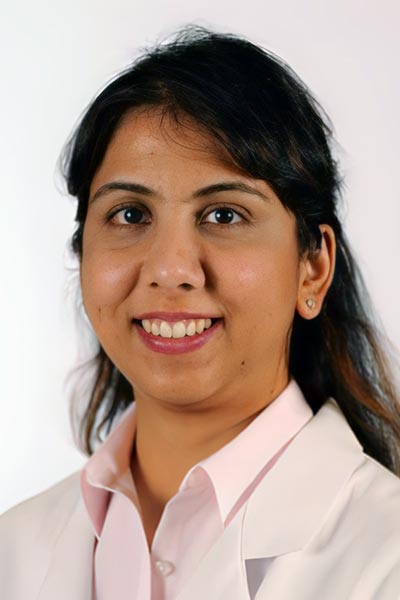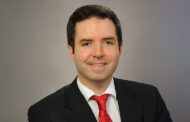Lung cancer has been leading the way in best practices for translating genomic and molecular biomarkers into targeted therapies for patients for more than two decades. As markers, testing methods, and testing guidelines and implications evolve, so does the complexity of biomarker-guided clinical decision making.
During an interactive workshop, at the 2024 World Conference on Lung Cancer, a panel of experts took the audience on a guided journey through clinical lung cancer genomics. During the workshop, participants engaged in small groups or teams, recapitulating how a modern-day multidisciplinary “Genomics Tumor Board’’ might operate in real-world practice.


Ramaswamy Govindan, MD, Professor of Medicine and Co-Director of Medical Oncology at Washington University School of Medicine, St. Louis, co-chaired the workshop along with Richard Haspel, MD, PhD, Professor of Pathology at Beth Israel Deaconess Medical Center, Boston, and Chair of the Training Fellows in Genomics (TFIG) Working Group—a collaborative initiative with the American Society of Clinical Oncology (ASCO) led by oncology educators, molecular pathologists, and genetics professionals.
“We have been conducting these workshops for the past 6 or 7 years. Whether you are a clinician, trainee about to start in pathology or clinical medicine, or an allied health professional, you can learn about genomic data,” Dr. Govindan said. “You may say, ‘These reports are widely available, why do I need to know that?’ Very often you will find that the variations in genomic findings are not captured very well in reports.”

Drs. Govindan and Haspel were joined by Aparna Sharma, MD, Professor of Medical Oncology at the All India Institute of Medical Sciences, New Delhi, India; Lynette Sholl, MD, Medical Director of the Center for Advanced Molecular Pathology at Brigham and Women’s Hospital and Professor of Pathology at Harvard Medical School, Boston; and Saiama Naheed Waqar, MD, MSCI, Professor of Medicine at Washington University School of Medicine.
Dr. Haspel gave a brief and practical introduction to genomics, including definitions of key terms, nomenclature that clinicians may encounter on genomics reports, different samples that can be tested, various sequencing and testing approaches, and the nuances of molecular testing in clinical oncology. He emphasized the need for clinicians to fully understand information in genomics reports—and discuss it with their multidisciplinary teams—to optimize treatment planning for their patients and resolve challenging clinical questions.
The workshop was structured as an interactive, team-based learning activity with the participants reviewing cases, raising and answering clinical questions, and engaging in discussion to reach a consensus on the optimal approach and rationale.
Dr. Haspel reviewed online genomics resources and data repositories—OncoKB, CIViC, cBioPortal, ClinGen, and PolyPhen—and how they can help clinicians find and interpret information on specific genetic or genomic variants and their clinical significance.
Through a series of clinical case studies, the panel “revealed” questions regarding the ideal sample to test, the optimal testing approach, nuances of test findings, and the advantages and disadvantages of different technologies, such as next-generation sequencing, liquid versus tissue biopsy, and fluorescence in situ hybridization.
In one case study, participants identified the challenge with an approach to genomic testing using bone metastasis specimens. As bone specimens are often subject to decalcification, which can denature DNA, the tissue processing method used must allow for subsequent molecular analyses.
In another scenario, participants reviewed the implications of STK11 and BRCA2 variants—why cancer sequencing panels include these genes, the definition and significance of variant allele frequency, and the next steps in patient management, including germline testing and genetic counseling.
Dr. Haspel encouraged participants to “play with the online tools” provided in the workshop.
“Each website has different uses, but you don’t have to be a geneticist to learn how to use them,” he said.





